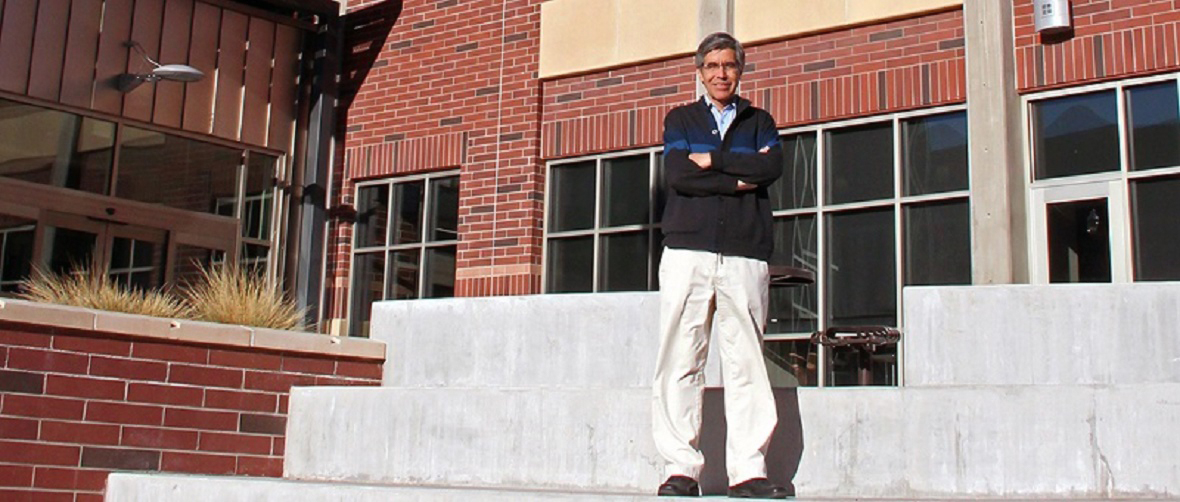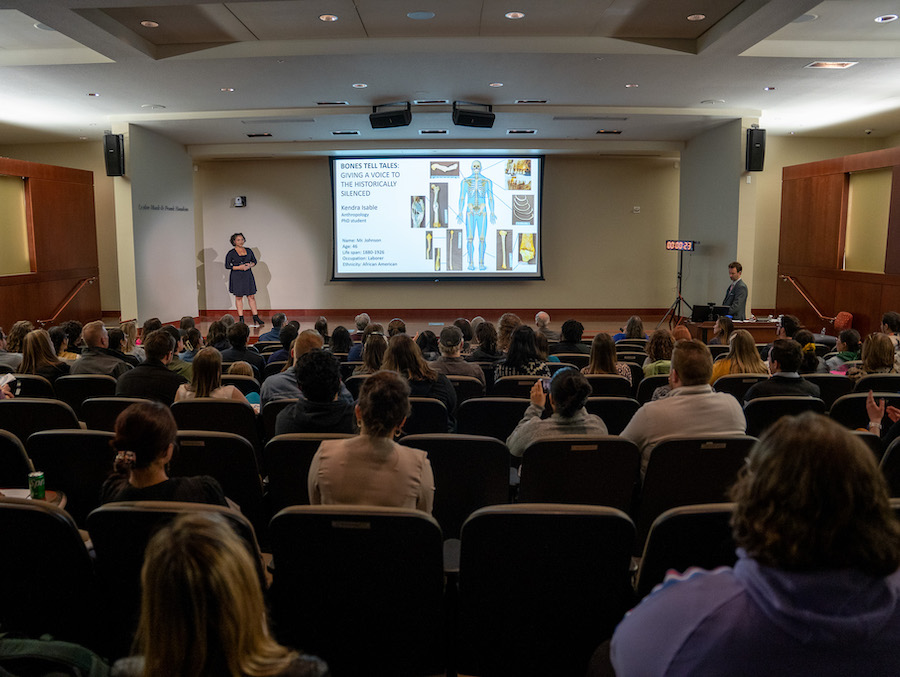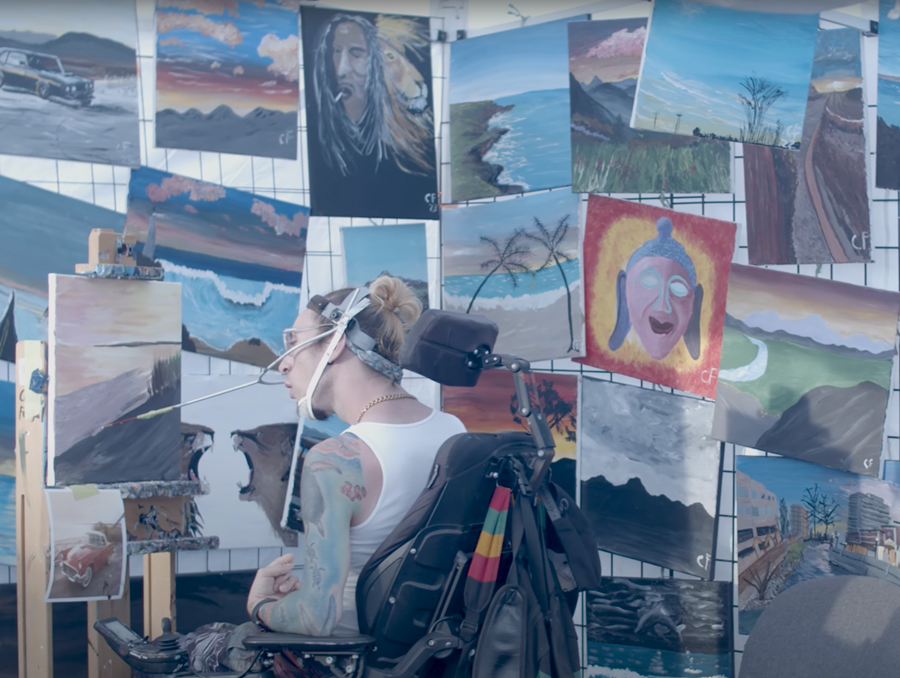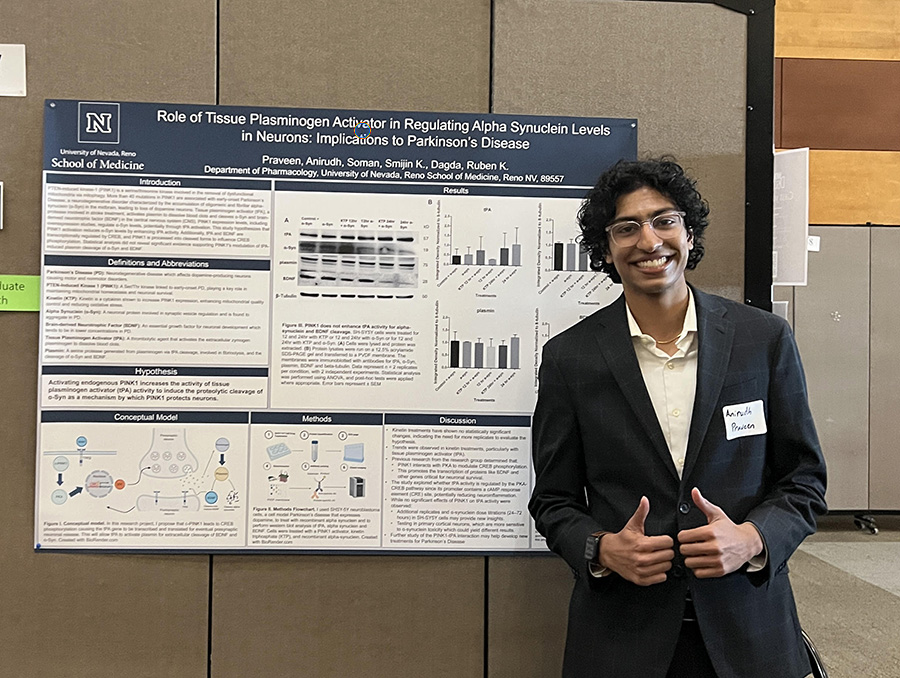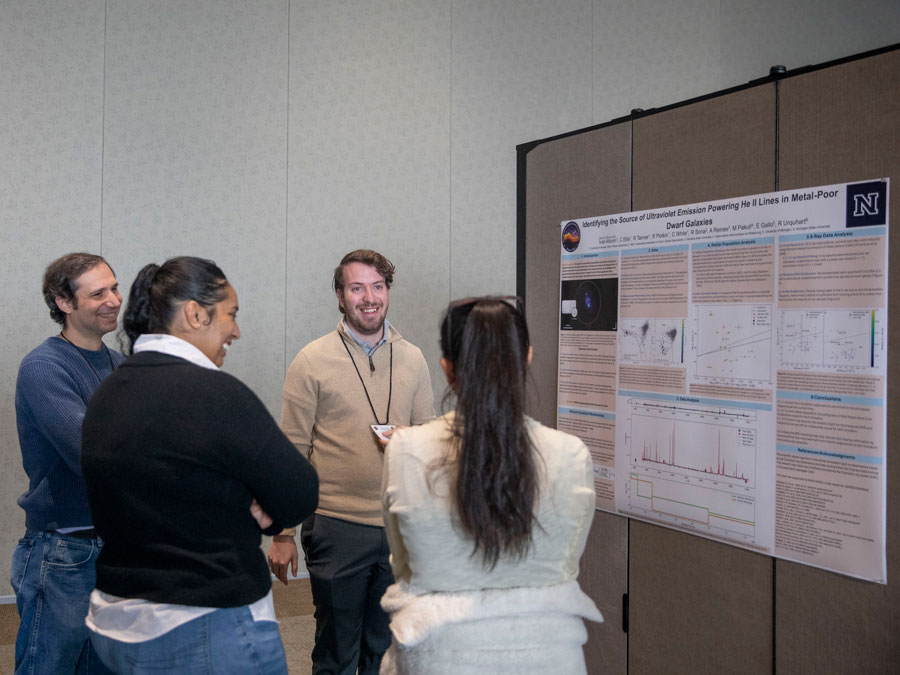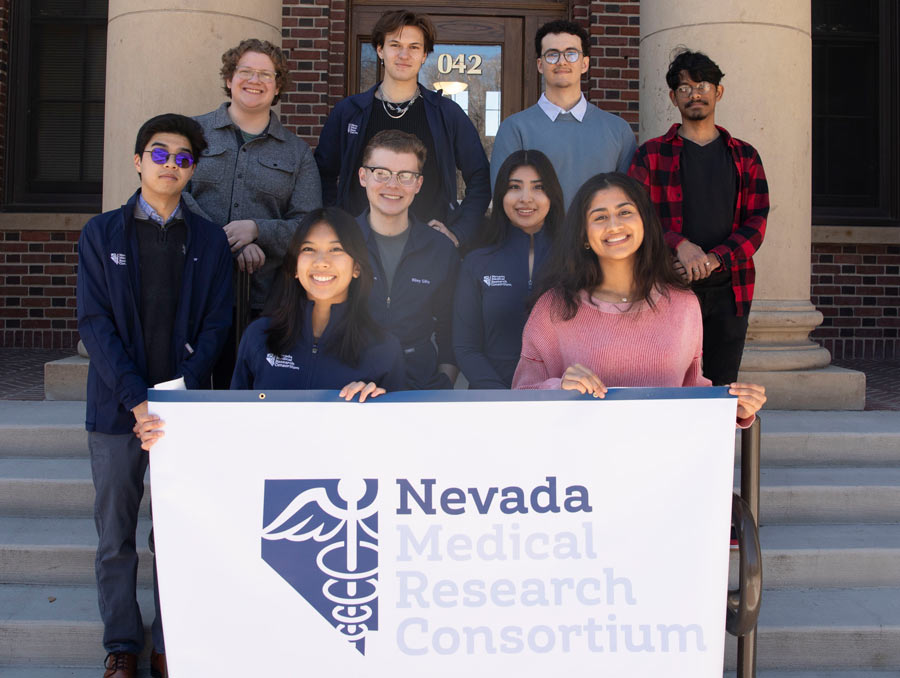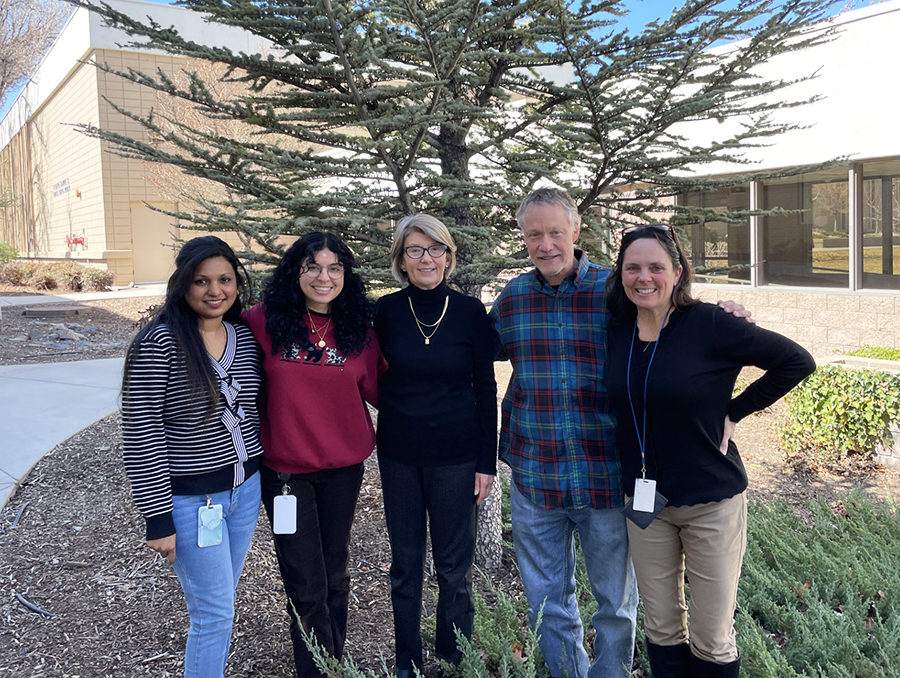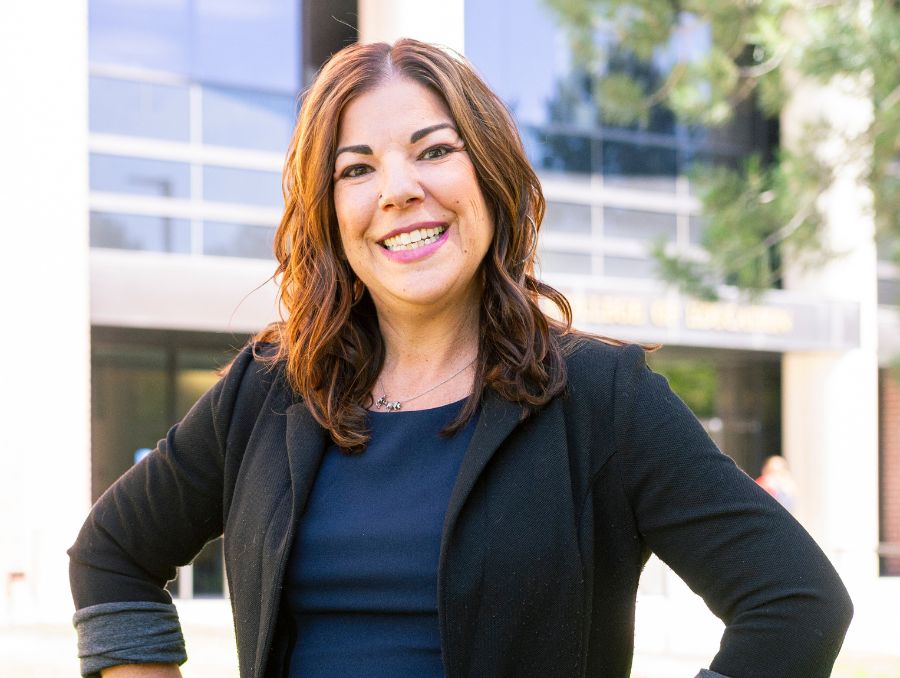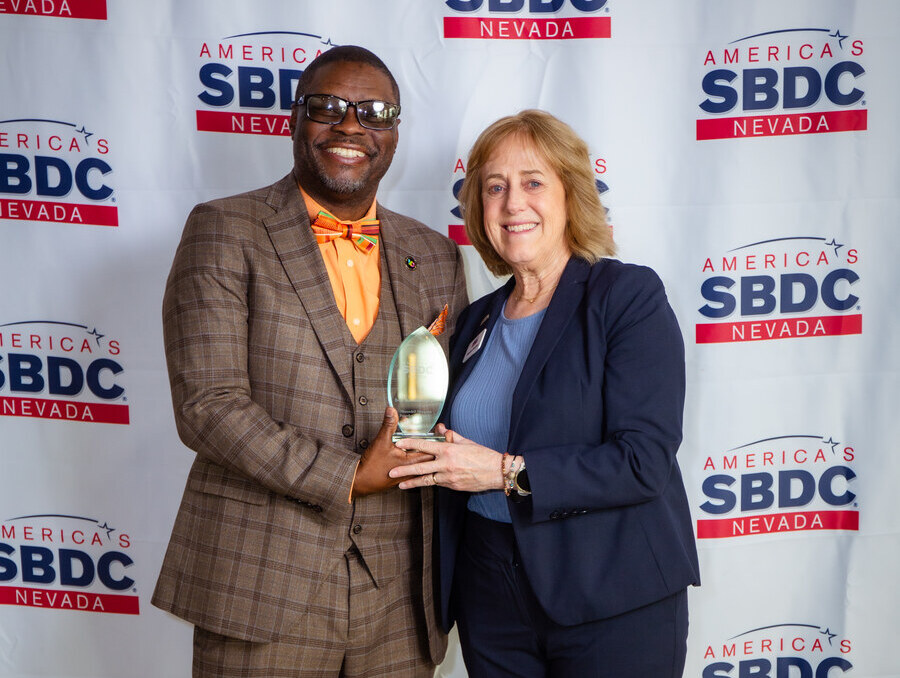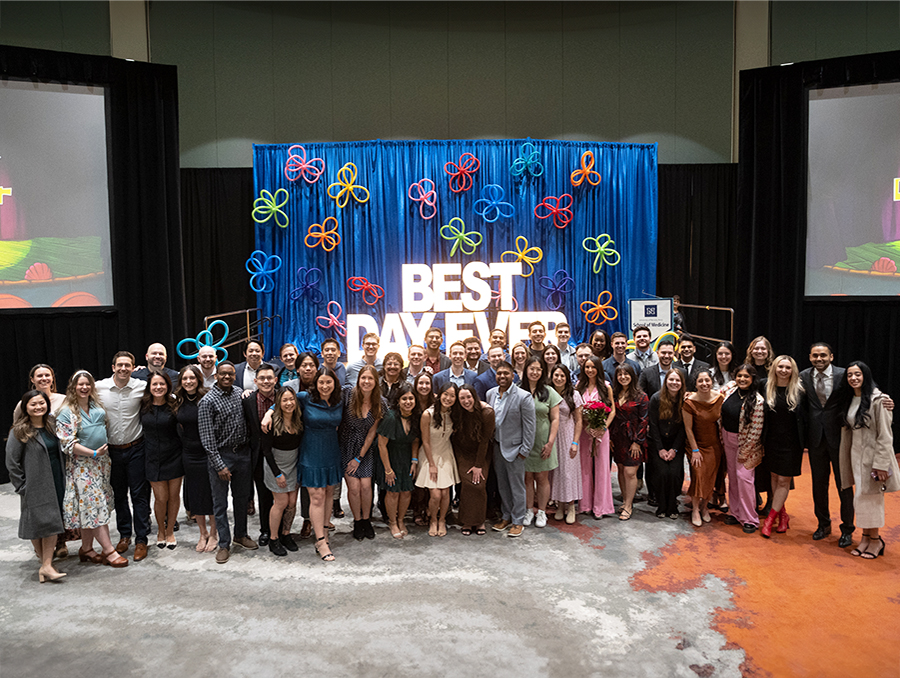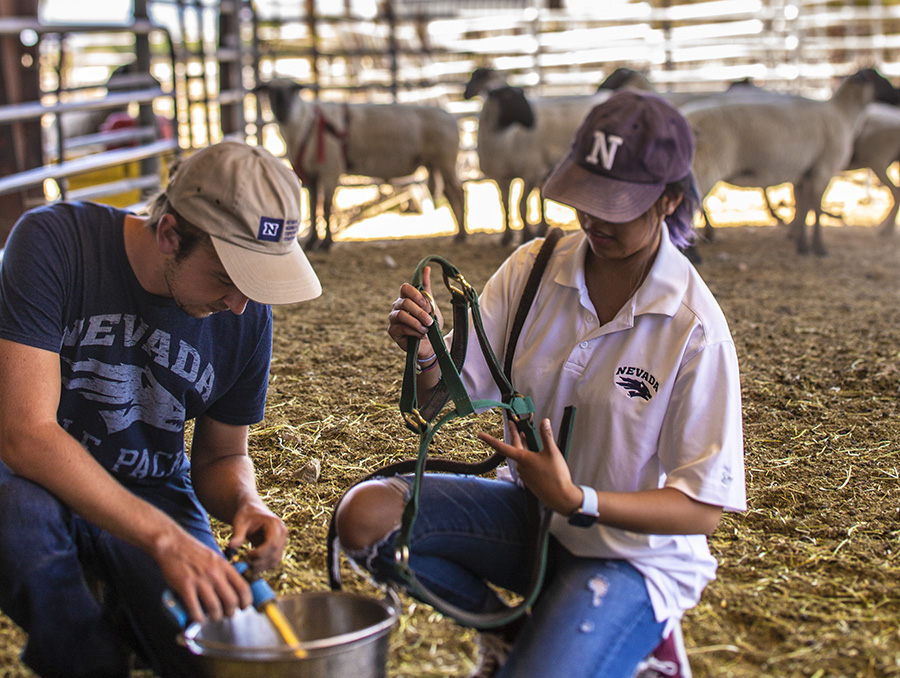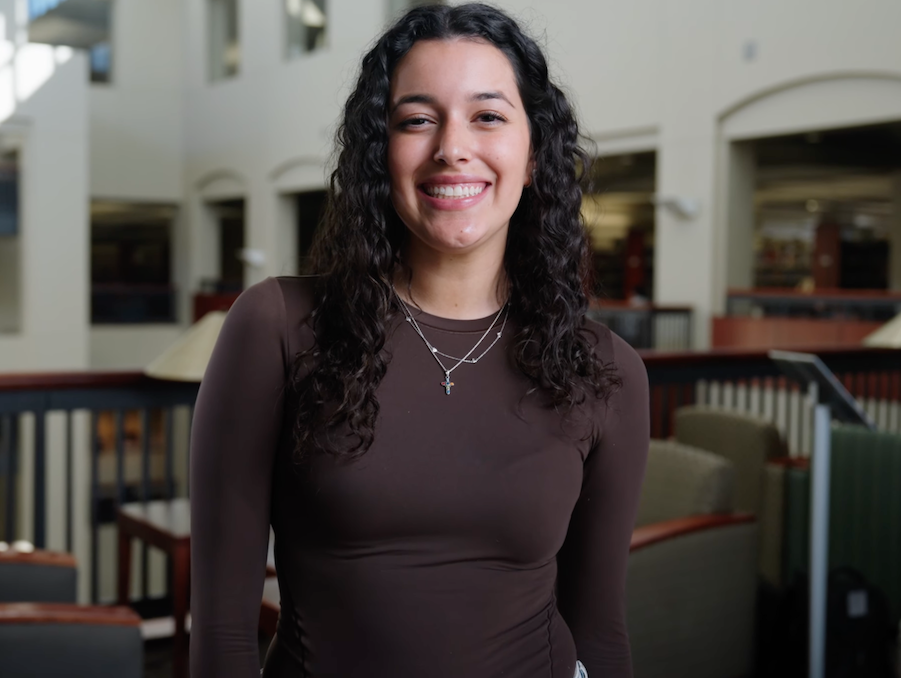Self-driving cars, robotic bees, soccer playing robots and crowd-sourcing information are just a few things on which new University of Nevada, Reno, mathematics and statistics professor Raul Rojas Gonzalez spends his time.
He comes to Nevada by way of a Visiting Fellowship at the Center for Information Technology Policy at Princeton and Freie University Berlin, Germany where he has been a professor of artificial intelligence and robotics.
"It would be hard to overstate the significance of Dr. Rojas joining the University faculty," Executive Vice President and Provost Kevin Carman said. "He is truly a world-class scholar and he is known internationally for his innovative research on autonomous guidance systems for automobiles. He works with several major automobile makers."
Rojas and his team began instrumenting autonomous cars in 2006 at Stanford and Rice University. His vehicles have been licensed for city traffic since 2011, and they have been cruising the streets of Berlin ever since. He has three autonomous vehicles developed for a project in Germany - two standard vehicles and one electric car.
"My intention is to bring the cars to Nevada this summer to continue our research," Rojas said. "My first project here will be to have one of them drive autonomously a few thousand miles. We can't rely on Google maps or other commercial mapping services for the needed accuracy, so we will capture the GPS coordinates for the trip with one of the standard cars, create the needed street and highway graphs, and then make the long drive with a second," he said.
"Raul presents what the future is right now, in this economy with autonomous vehicles," Mridul Gautam, vice-president for Research and Innovation at the University, said. "He's very accomplished, we are fortunate to have him here. There are a number of companies we've already been in contact with for collaborations."
Rojas studies and teaches about intelligent systems and robotics and collaborates across a number of disciplines, and with industry, on a variety of topics. He works with biologists, mechanical engineers, seismologists, educators and computer scientists. His specialty is building intelligent machines, writing programs for robots, and human-machine interface - he and his team even developed a mind-controlled car.
"Right now I'm meeting with everyone, getting to know the landscape here," he said. "I've spoken with Annie Leonard in Biology who is studying bees, with (Nevada Seismological Laboratory Director) Graham Kent who has a crowd-sourcing, fire camera monitoring system, and will meet with others - then I'll put together a more defined plan for the next projects," he said.
Rojas said he finds a common interest and topic with other researchers and looks for a way to inject his work to help advance the research. He will also be looking at projects centered in the University's Nevada Advanced Autonomous Systems Innovation Center.
"We need a strong interdisciplinary approach," he said. "I look at it from the point of view of putting technology into the project."
Rojas has been developing intelligent systems since 1986. His team of soccer robots at Freie University won the World Championship in 2004 and 2005. He is member of the Mexican Academy of Sciences and is the recipient of Berlin's Technology Prize for 2008. He is also the recipient of the Gold Medal of Science and Technology of Mexico City. He attended the National Polytechnic Institute in Mexico City, where he majored in mathematics and physics. He moved to Germany in 1982 as a doctoral student in economics. He became a full professor at University of Halle-Wittenberg in 1994, and later moved to the Freie University, Berlin.
The German Association of University Professors and Lecturers named him "Teacher of the Year" for 2014. He will be accepting the prize in Germany March 23 during the seventh "Gala of German Science." The president of the organization said Rojas is "an eminent authority and exemplary model for combining research and teaching."
Rojas has taught in California, Houston, Berlin, Vienna and Mexico City. He has offered courses about economics, mathematics and computer science spanning from functional programming, artificial intelligence, architecture of symbolic machines, and pattern recognition up to seminars on quantum computing, simulation of biological neurons and fractal geometry.
"Raul brings a wealth of knowledge, experience and energy to the College of Science," Jeff Thompson, dean of the College of Science, said. "We are delighted to have him here and look forward to some exciting and fruitful projects and collaborations."
This semester he is teaching Calculus and, his specialty, Machine Learning.
"Dr. Rojas will be a major boost toward our goal of being classified among the nation's leading research universities," Carman said. "He is also a wonderful teacher and his interests cross many disciplinary boundaries."
